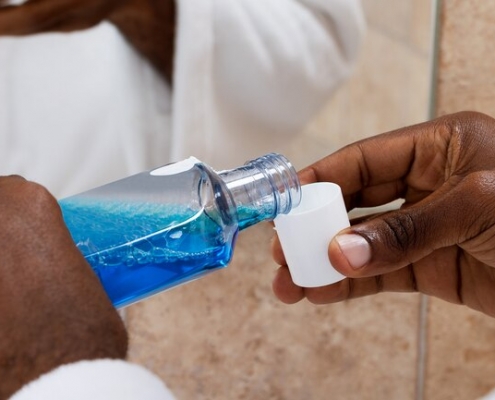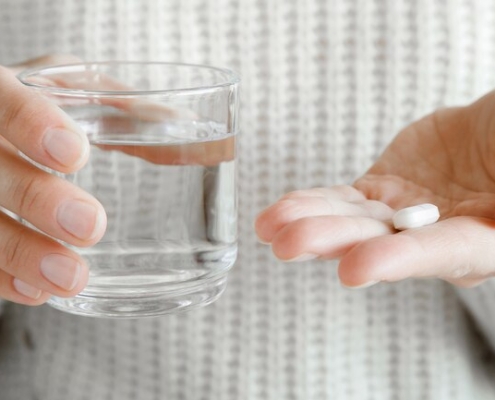What substances make the results of the non-addiction test positive
چه موادی باعث مثبت شدن نتایج تست عدم اعتیاد می شوند
Preparing for an addiction test before hiring a job or for other reasons? Be careful about these common things that can lead to false positive results.
Weight Loss Drugs

Phentermine is a prescription drug that helps you prevent appetite. It is chemically similar to amphetamines, a stimulant that is used to treat ADHD and as an aid to stay awake. If you do not have a medical reason for taking amphetamines, Phentermine can raise the red flag in your experiment.
Mouthwash
 Many liquid drugs, vanilla extracts and breath cleaning products often contain ethanol, a simple granular alcohol. Drug trials today can detect even small amounts of alcohol and be for longer after exposure. So if you use anything with ethyl alcohol, your breath, blood or urine sample may be positive for possible symptoms of alcoholic beverages. This can also occur if you use alcohol-based hand sanitizers regularly.
Many liquid drugs, vanilla extracts and breath cleaning products often contain ethanol, a simple granular alcohol. Drug trials today can detect even small amounts of alcohol and be for longer after exposure. So if you use anything with ethyl alcohol, your breath, blood or urine sample may be positive for possible symptoms of alcoholic beverages. This can also occur if you use alcohol-based hand sanitizers regularly.
Antidepressants

Sertraline (Zoloft) is prescribed for depression, panic attacks, obsessive-compulsive disorder and other things. Some drug pages may not be specific enough to separate sertraline and benzodiazepines. The second case is an old sedative that is often found in people who take too much opioids. The wrong test result may occur several days after you leave the antidepressant.
Antibiotics
These medications usually do not interfere with the outcome of your addiction test. But in rare cases, several antibiotics are known to cause incorrect test results. Rifampin, which treats tuberculosis, may appear as opioids in some rapid urine tests. In addition, false positive results may be possible even more than 18 hours after devouring a dose of antibiotics.
Antihistamines
Some famous allergy and over-the-counter sleep medications such as Benderyl and Adwill PM contain diphenhydramine. It can relieve coughing and runny nose. But in addiction testing, it can be shown as methadone, which helps people quit heroin or other opioids and causes addiction.
HIV Drugs
Efavirenz (Sustiva) is an antiviral drug that helps treat HIV infection. But in the addiction test it makes it look like you've consumed marijuana. Only a more advanced test will be able to determine which of these two compounds are in your body. To avoid confusion, you may want to warn the lab or clinic in pre-season that you are taking efavirenz.
Anti-psychotic drugs
Several of these drugs for mental disorders can lead to false positive tests. Quitapine, which treats schizophrenia and bipolar disorder, can mistakenly show that you have methadone in your urine. Another anti-psychotic drug – chlorpromazine – can cause positive drug trials for amphetamines, which is a stimulant.



Leave a Reply
Want to join the discussion?Feel free to contribute!